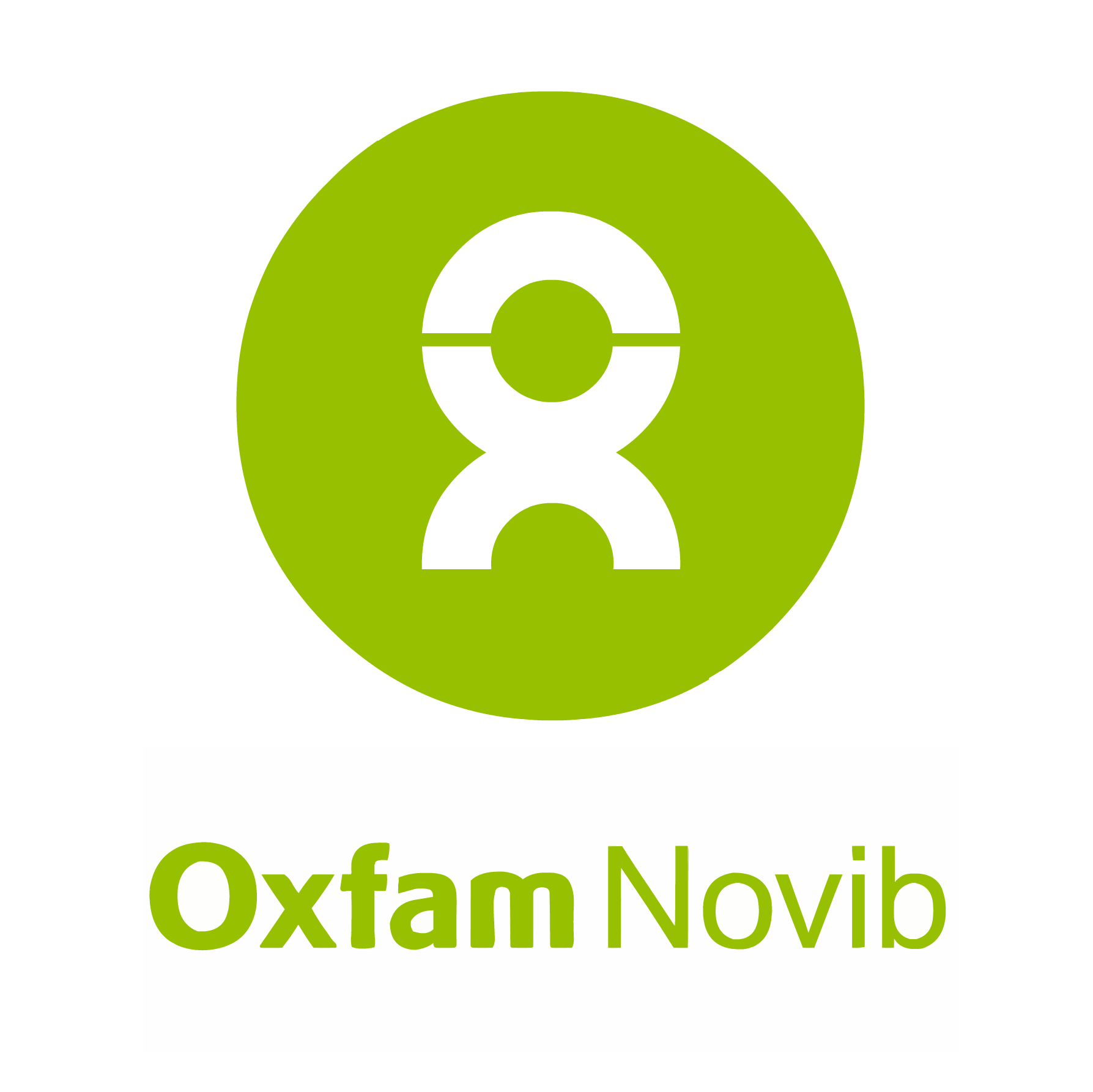Community / Land projects / Land Tenure for Peace
Land Tenure for Peace

€0
08/17 - 08/17
Concluído
This project is part of
Implementing Organisations
Donors
Data Providers
General
The Colombian peace agreement was signed in November 2016 and ended a long during armed conflict between the Colombian state and the guerrilla movement FARC. The principal point of the agreement is the integral rural reform. How? With a fast, simple and low-cost methodology for administering land: Fit For Purpose (FFP). The farmers themselves do much of the work: with a special app on smartphones or tablet they walk along the borders of their land to demarcate their plot. Also photos are made of documents (ID, tax bills, electricity bills), which relate the persons on this particular parcel to this land plot and are digitally combined with the GPS measurements of the polygons for a later communal Public Inspection. When farmers of the community mutually agree on the map they have made, land titling can be formalised. Where? Two pilots have been started up now: one pilot in the Department of Antioquia (the vereda – hamlet or small village – of Los Mandarinos, within the municipality of Apartadó) and one in the Department of Meta (the vereda Termales in the municipality of Vistahermosa). A third pilot area will be selected soon. Cooperation? The positive achievements of the pre-pilots are the result of the effective cooperation in the field with all Colombian land institutions involved, such as the Land Agency ANT, Land Registry SNR, the Planning Agency DNP, the Cadastre Agency IGAC and the Cadastre of Antioquia, and furthermore local authorities. Very helpful is the work of professors and students of the Universidad Distrital Francisco José de Caldas, from Bogotá. Read the section 'Partners' for more information on the involved institutions. Long term objective.The objective is that the collected data backed by the government, leads to cadastral maps and, more important, to land titles. These land titles give farmers legal certainty and a source of collateral, giving them access to credits and improving their access to public or private agricultural extension. This in turn will lead to increasing agricultural production in a sustainable manner.



